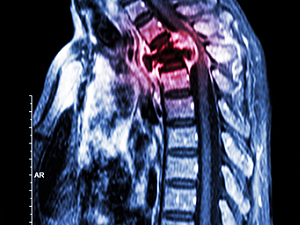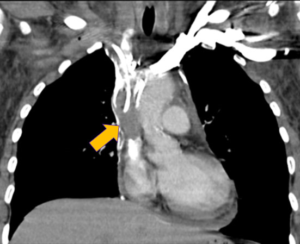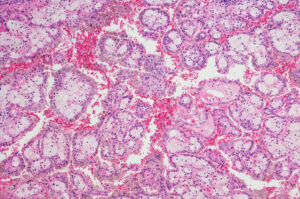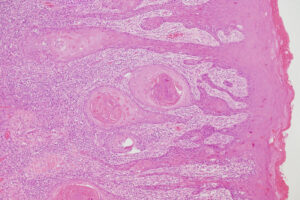Cost-Effectiveness of Surgery for Spinal Metastases Depends on Patient Population Characteristics

Andrew J. Schoenfeld, MD, orthopedic surgeon at Brigham and Women’s Hospital, Elena Losina, PhD, co-director of the Brigham’s OrACORe, and colleagues conducted the first cost-effectiveness analysis of surgery for spinal metastases that accounts for ambulatory function at presentation.
Read More...




 Targeted therapy has had much less success in treating renal cell carcinoma than in treating many other kinds of cancer. Physician-scientists at Brigham and Women’s Hospital are working on several innovative approaches to address this shortfall.
Targeted therapy has had much less success in treating renal cell carcinoma than in treating many other kinds of cancer. Physician-scientists at Brigham and Women’s Hospital are working on several innovative approaches to address this shortfall.

